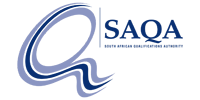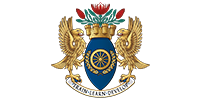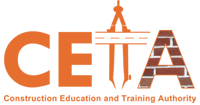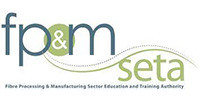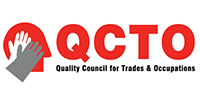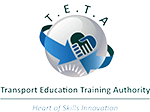Ask anyone who has completed a first aid training course if it was worth it and the answer will almost definitely be a wholehearted “yes!”. Learning first aid comes highly recommended and can be implemented in a myriad of emergency situations. In this article, we’re going to cover some jobs that will require training in first aid, as well as how EMCARE’s training course can help you out.
Jobs That Require Training: First Aid And Emergency Response
First aid does more than just save people’s lives. By gaining the appropriate first aid treatment immediately, a person’s recovery time is reduced and disability can be prevented. During training for first aid, you will learn how to remain calm in emergencies while thinking clearly about what treatment to provide to the injured person.
First aid training makes you more confident and comfortable, and therefore more effective and in control when you need to be. First aid training gives you the tools you need to prevent the situation from becoming worse. Completion of a first aid course is often a requirement in jobs. Completion of the level of the first aid course is dependent on what the job entails. We will discuss further which jobs require first aid training and why.
- Caregivers
Caregivers are people who take care of the very young or the elderly. Caregivers can work in a home environment, as well as a work environment such as a hospital. Caregivers need to constantly be vigilant; although they may be well-trained and have plenty of experience in their job, they can’t be everywhere at once.Babysitters, nurses, nannies, and daycare employees must have the proper first aid training as the person they are caring for could choke on something, fall and injure themselves, suffer from a severe allergic reaction, or suffer from a medical condition, such as having an epileptic seizure. Caregivers need to have proper first aid training as well as training on how to operate and use on-site machinery for their patients who suffer from medical conditions.
- Lifeguards
Cardiac arrest and drowning are only two of the many life-threatening emergencies that a lifeguard may encounter. CPR is an essential skill for lifeguards to have and is only one of the many skills required. Whether it be at the beach, a pool, or by a lake, lifeguards need to be able to treat almost any injury which could occur. Cuts, choking, and being dragged out by the ocean’s current create situations where lifeguards need to step in and assist people by using skills gained from first aid training.Drowning is the leading cause of death concerning bodies of water and swimming, and is the third leading cause of unintentional injury-related death. The major causes of drowning include the abuse of alcohol, lack of sufficient swimming skills, hypothermia, and not wearing a life jacket.
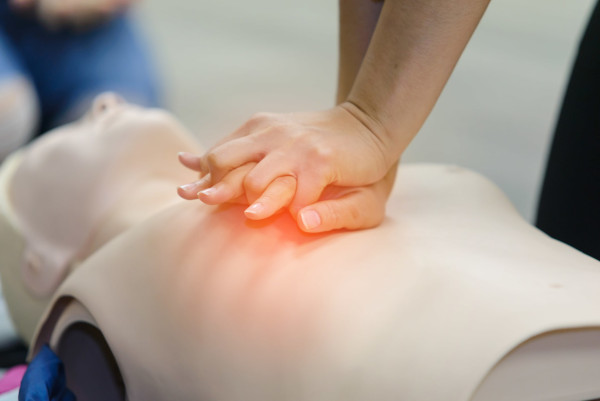
-
Jail And Prison Staff
Because jails and prisons are so highly secured and take time to enter or exit, the correctional
officers in
the prison are most likely to be the first to respond when an injury takes place. For this reason,
all jail
and prison staff are required to have completed a first aid training course which includes
cardiopulmonary
resuscitation (CPR) training.Prison accidents vary from slips, trips, and falls to serious spinal, brain, and fatal injuries. The
most
common cause of prison officer injury occurs when officers are assaulted by one or more prisoners.
Injuries
in prisons are extremely common and a lot of them are also caused by self-harm or suicide attempts.
Many of
the injured prisoners suffer from psychiatric illness and are also involved in interpersonal
violence. -
Flight Attendants
Flight attendants and in-flight medical assistants must receive first aid training. Flight
attendants must
be prepared for a variety of situations in the air, as well as on the ground. The cabin crew is
often
required to go through annual training which covers the physiological effects of flying,
aero-medical
aspects, and basic first aid.The crew must be able to recognise medical situations on board and how to manage and to deal with
specific
in-flight medical emergencies. Because flying on an airplane is a serious matter which many people
fear,
flight attendants must know more than basic injury treatment, equipment use, and CPR.A course must be completed on how to react when faced with an in-flight medical emergency and how to
react
when faced with situations involving aero-medical topics such as:- Hypoxia
- Hyperventilation
- Hygiene and food poisoning
- Malaria
- Contamination of the skin/ eyes by aviation fuel or hydraulic
-
Personal Trainers
Gyms and sports clubs are required to have at least one professional, who has completed first aid
training,
on-site at all times. While certain gyms and sports clubs don’t require it, most do as a safety
measure to
prevent any accidental fatalities from occurring.While most gym injuries involve muscle strain, sprained ankles, and sprains and dislocation of
wrists, many
more serious injuries can take place. This includes falls, choking on food, strokes, and aneurysms.
Weightlifting can trigger both strokes and aneurysms, which is why a staff member trained in first
aid is so
important. They know what to do in these situations and can help the patient before professional
medical
help arrives.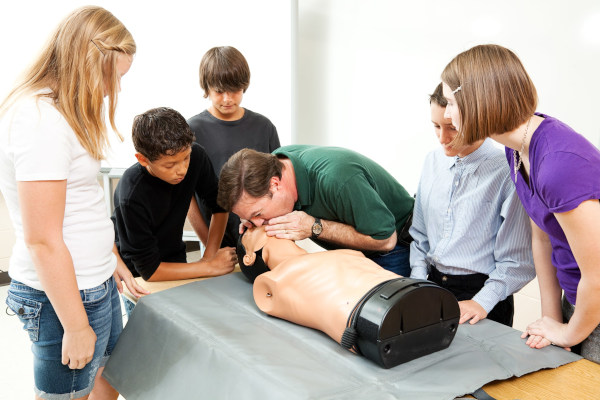
First Aid Courses At EMCARE:
We, at EMCARE, offer several valuable medical courses with accreditation from the Department of Labour, the Department of Mineral Sources, HWSETA, and LGSETA, as well as various other international and local associations. We provide excellent quality training which meets the high standards of the industry. Our courses range from a basic first aid course and a first aid Level 1 course, to a fully qualified Level 6 Intermediate Life Support Paramedic or higher qualification with a minimum of 1000 hours of work experience.
Our training courses are valid for 3 years and teach valuable skills, including:
- How to perform CPR
- Treating paediatric patients
- Assisting in emergency childbirth
- Water-related emergency procedures and treatments
Our training course duration times range from 4 hours to 4 weeks, depending on which course you are doing. More information on each course and about the EMCARE organisation can be found on our website and queries can be answered via telephone or email. All of our facilitators are registered assessors/ moderators and hold the necessary facilitation qualifications to ensure high-quality training throughout our programs.




